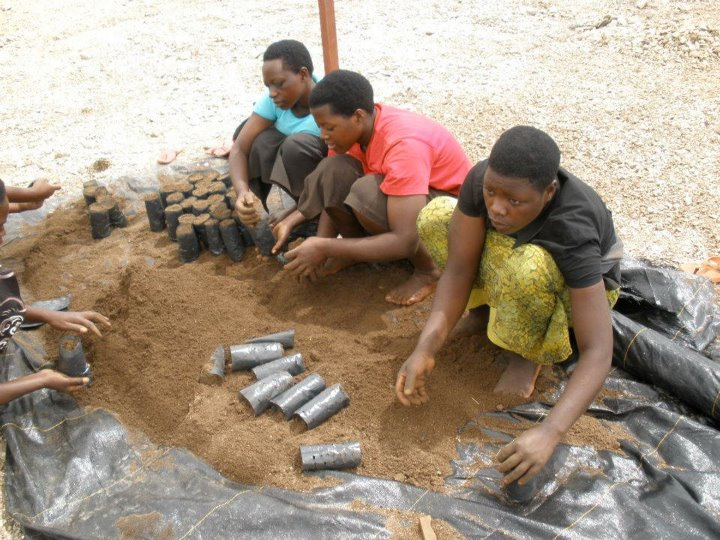Send to a friend
The details you provide on this page will not be used to send unsolicited email, and will not be sold to a 3rd party. See privacy policy.
[JAKARTA] More investment in research and development (R&D) and new ways to ensure the spread of technology are needed to overcome global development challenges, concluded a meeting of international academics in Bali, Indonesia, last week (25 March).
This Academia Consultative Stakeholders Meeting fed into the main meeting of the High-Level Panel of Eminent Persons, which the UN appointed last year to advise on development approaches after the eight Millennium Development Goals (MDGs) expire in 2015.
The MDGs are due to be succeeded by a set of Sustainable Development Goals, which are yet to be agreed.
The Academia meeting identified R&D investment and new methods of spreading technology as ways of meeting the development goals, says one of its conveners, Irsan Pawennei, the operational director of advisory organisation the Centre for Innovation Policy and Governance, Indonesia.
The main post-2015 issue is the massive inequality between developed and less-developed countries, Irsan says. "New approaches to technology diffusion may contribute to overcoming this problem," he says.
As an example, Irsan says that more than 70 per cent of the world's poorest people live in urban areas. So conventional technology transfer, which focuses mainly on getting appropriate technologies into villages, is no longer as relevant, he says.
"Technology transfer should be about transferring knowledge, not products," Irsan tells SciDev.Net. "We can maximise the use of IT in the city to create jobs for the poor, such as being an online seller."
In addition, the meeting also recommended trying to boost private sector investment in R&D.
"If we rely solely on national budgets, there would not be a significant increase in science for development goals," he says.
But Calestous Juma, professor of the practice of international development at the Harvard John F. Kennedy School of Government, United States, disagrees with pouring more money into research.
The world's scientific and technical knowledge is estimated to double every two years, he says. "Yet many international forums continue to recommend the need to devote more funds to new research rather than applying what we already have."
Juma explains that current global development challenges will be served more by efforts to increase creativity and entrepreneurship and less by new R&D funds.
"We have all now entered an era where imagination is more important than additional funding," he says.
However, the main meeting of the UN's high-level panel in Bali issued a statement last week calling for more financing for development efforts as well as for a "data revolution" that would take advantage of new technologies and be open and accessible for all people.
"Too often, development efforts have been hampered by a lack of the most basic data about the social and economic circumstances in which people live," it said.
These improvements would "help guide decision-making, update priorities and ensure accountability", but will require substantial investment ahead of 2015, it added.
In addition, because "adequate, stable and predictable financing, as well as efficient use of resources, is required to support development", the post‐2015 agenda "should clearly specify the means of implementation, including financing for development", it said.
"Particularly important will be the regulation of tax havens and illicit financial flows," it added. "Enhanced knowledge sharing, capacity building, technology transfers, data collection and trade will also be key."
This article has been produced by SciDev.Net's South-East Asia & Pacific desk.














